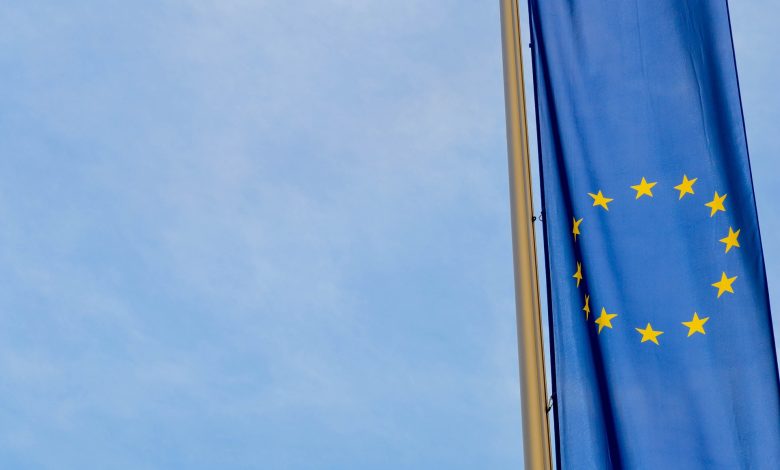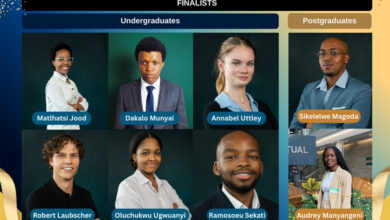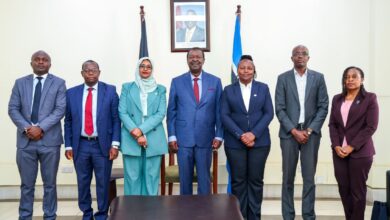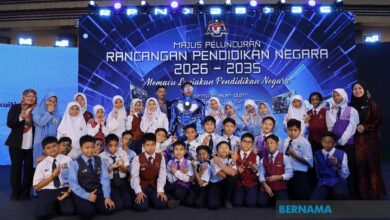EU to step up support for ASEAN higher education and research

The European Union is to broaden and increase its strong cooperation and support of higher education and research in Southeast Asia as part of its new Global Gateway ‘sustainable connectivity’ scheme launched this week.
President of the European Commission Ursula von der Leyen, during an EU-ASEAN summit in Brussels on 14 December, announced a €10 billion (US$10.7 billion) package for ASEAN until 2027, as part of the EU’s Global Gateway initiative. The European Commission said the package would focus on the green transition and ‘sustainable connectivity’ in Southeast Asia.
The Association of Southeast Asian Nations (ASEAN) comprises Brunei, Cambodia, Indonesia, Laos, Malaysia, Myanmar, the Philippines, Singapore, Thailand and Vietnam.
New funding under the scheme will also enable the EU to build on its highly successful €15 million (US$16 million) EU Support to Higher Education in the ASEAN region (SHARE) programme, according to European Commission officials. The EU-SHARE programme began in 2015 but comes to an end at the end of 2022.
The EU’s Global Gateway, launched in 2021 and backed by €300 billion to 2027 for all regions around the world, is often seen by governments in Southeast Asia as the EU’s answer to China’s Belt and Road Initiative, but the EU emphasises it involves both hard and ‘soft’ infrastructure, including cooperation in higher education and research among the five main areas of focus, in particular for strengthening student and academic mobility and EU-ASEAN university networks.
Other areas of focus are digitalisation and digital connectivity, climate and energy, transport and health.
The new funding for ASEAN “boosts sustainable investments in digital, transport, energy and climate relevant sectors and in health, education and research systems. It will help to tackle the most pressing global challenges, from fighting climate change, to improving health systems, and making economies more resilient,” the European Commission said in a statement on Wednesday 14 December.
Building ‘soft’ infrastructure
“Soft infrastructure is critical as it is about strengthening health, but also education and research. It is about investing in people, creating opportunities for our young people, and forming sustainable links, not dependencies,” said Jutta Urpilainen, European commissioner for international partnerships, addressing a pre-summit event held in Brussels on 12 December celebrating EU-ASEAN people-to-people cooperation on higher education.
The ‘Sustainable Connectivity’ Global Gateway flagship is worth €1 billion of the €10 billion package for ASEAN that will consist of grants from the European Commission and the member states as well as infrastructure loans from the European Investment Bank and member states’ national development banks.
“We are highly interconnected and interdependent regions and economies. Both the EU and ASEAN, we face global crises like climate change, biodiversity loss and rising inflation and we both understand the power of education and research in addressing such challenges,” Urpilainen said.
Building on the successful EU-SHARE programme, “priorities include strengthening students’ and academic mobility as well as reinforcing cross-regional university networks,” she said on 12 December, ahead of the official launch of the Sustainable Connectivity flagship.
The seven-year SHARE programme focused initially on student mobility. Some 590 scholarships and exchanges between the EU and ASEAN, and within ASEAN, were funded over the project’s seven-year duration as part of the Erasmus+ initiative.
To read more : University World News




